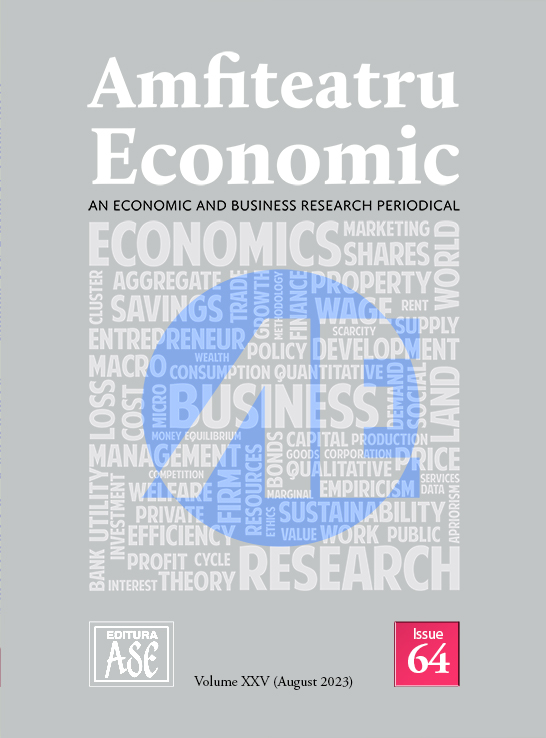Nexus between Economic Growth and CO2 Emission within the Preview of Institutional Quality: Some New Insights from Europe
Nexus between Economic Growth and CO2 Emission within the Preview of Institutional Quality: Some New Insights from Europe
Author(s): Mirzat Ullah, Hafiz M. Sohail, Muhammad Asif Khan, Hassan Zada, Mária Kováčová, Judit OláhSubject(s): Energy and Environmental Studies, Economic development, EU-Approach / EU-Accession / EU-Development, Corruption - Transparency - Anti-Corruption
Published by: EDITURA ASE
Keywords: economic growth; CO2 emission; corruption; panel data; KRLS; Euro countries;
Summary/Abstract: The destructive role of institutional quality such as corruption has been considered an important factor for economic growth, particularly in the European Union, where such practices dealt with zero tolerance. Environmental degradation such as massive carbon emissions is stressing the global ecosystem, which has become a solemn issue for environmental policy makers. This research examines the institutional role in controlling corruption within the preview of CO2 emissions-economic growth nexus for the European Union. The study evaluates the moderating impact of corruption on the relationship between CO2 emissions and economic growth for the 19 Euro countries over the period 1984-2021, within the context of Auto Regressive Distributed Lag (ARDL) estimation. Empirical results infer that the moderating role of corruption is crucial in measuring the nexus between economic growth and CO2 emissions due to better institutional quality of the European region. Furthermore, the results confirm that control over corruption plays a special role in the reduction of CO2 emissions. Furthermore, the study found a significant positive impact of renewable energy production and a negative impact of gross fixed capital formation over controlling CO2 emission in the long and short run. Furthermore, the Kernel-based Least Squares (KRLS) approach affirms that regressors can bring a variation of 0.984% in the CO2 emission. The novel finding of the study makes an advance in the current literature; we provide real-time examinations of growth and emission for the European Union. The findings are beneficial to environmental economics concerns in designing the environmental policy to seek control over pollution and preserve the natural environment for the European Union. It is also recommended to use renewable wind and solar energy sources to sustain a healthy environment.
Journal: Amfiteatru Economic
- Issue Year: 25/2023
- Issue No: 64
- Page Range: 849-866
- Page Count: 18
- Language: English

